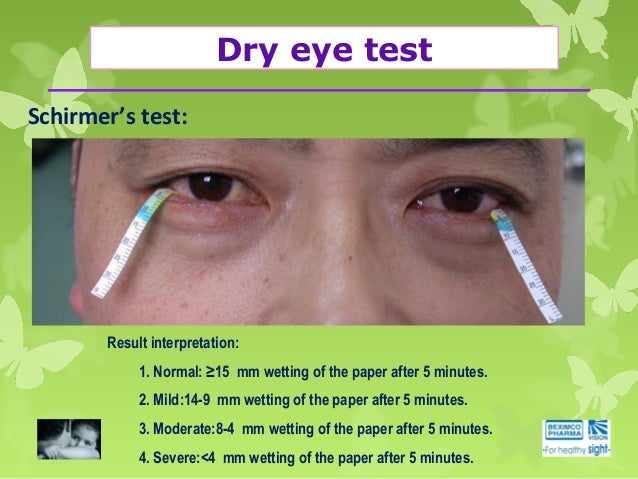Hello all,
I have returned to Phoenix Rising after a five year absence only to find that there are no specified autoimmune forums anymore...but no matter.....so hopefully the Connective Tissue forum will suffice.
Since 2009 I have had the 'Fibromyalgia' label (given by a Rheumatologist), which I have always held at arms length, not being thoroughly convinced.
In 2007 I became very ill with many symptoms: extreme fatigue, neuropathy, muscle and joint pain, heavy eyelids, loss of balance, nausea, weakness with swallowing, fasciculations, geographic tongue and a few others. I saw two neurologists both of whom did many tests ranging from brain MRI, NCS (nerve conduction studies), Coeliac AB's, SPEP, GTT, LFT's, ANCA, ANA, ENA's to name a few. There were no significant abnormalities. In particular the ANA's and ENA's were negative. These were repeated about two years into my illness and again were negative.
Between then and now some symptoms have lessened like the fasciculations and the extreme fatigue. However other symptoms have emerged like orthostatic tachycardia, peeling skin in mouth and pain in eyes. I have also been diagnosed with Gastroparesis, with Bronchiectasis and with Peripheral Neuropathy.
Discounting the Fibromyalgia diagnosis, I have felt that all of these separate diagnoses were not disparate events but likely linked under one umbrella diagnosis. Their timing of onset was too compressed to be coincidental.
Recently (2016) while at my Pulmonologist's appointment he said to me "I am seeing an autoimmune picture here with these results". His statement prompted me to go to my GP and ask for various immune marker tests to be done. These were taken and a few days later my GP asked for me to come in to see her.
She began by saying that my results were pointing to a Sjögren's Syndrome diagnosis. The ANA titre was raised to 1:1,280 and the SSA Anti Ro was positive as was the Anti Ro52. The SSB Anti La was negative. I have now been referred to a Rheumatologist for confirmation of diagnosis.
So the old adage that it takes about six years to get diagnosed with Sjögren's, often because the autoimmune markers may not rise for several years has been true in my case.
Paradoxically it is a relief to get 'abnormal' results after living with my own scepticism for so long.....leave alone anyone elses!
I have returned to Phoenix Rising after a five year absence only to find that there are no specified autoimmune forums anymore...but no matter.....so hopefully the Connective Tissue forum will suffice.
Since 2009 I have had the 'Fibromyalgia' label (given by a Rheumatologist), which I have always held at arms length, not being thoroughly convinced.
In 2007 I became very ill with many symptoms: extreme fatigue, neuropathy, muscle and joint pain, heavy eyelids, loss of balance, nausea, weakness with swallowing, fasciculations, geographic tongue and a few others. I saw two neurologists both of whom did many tests ranging from brain MRI, NCS (nerve conduction studies), Coeliac AB's, SPEP, GTT, LFT's, ANCA, ANA, ENA's to name a few. There were no significant abnormalities. In particular the ANA's and ENA's were negative. These were repeated about two years into my illness and again were negative.
Between then and now some symptoms have lessened like the fasciculations and the extreme fatigue. However other symptoms have emerged like orthostatic tachycardia, peeling skin in mouth and pain in eyes. I have also been diagnosed with Gastroparesis, with Bronchiectasis and with Peripheral Neuropathy.
Discounting the Fibromyalgia diagnosis, I have felt that all of these separate diagnoses were not disparate events but likely linked under one umbrella diagnosis. Their timing of onset was too compressed to be coincidental.
Recently (2016) while at my Pulmonologist's appointment he said to me "I am seeing an autoimmune picture here with these results". His statement prompted me to go to my GP and ask for various immune marker tests to be done. These were taken and a few days later my GP asked for me to come in to see her.
She began by saying that my results were pointing to a Sjögren's Syndrome diagnosis. The ANA titre was raised to 1:1,280 and the SSA Anti Ro was positive as was the Anti Ro52. The SSB Anti La was negative. I have now been referred to a Rheumatologist for confirmation of diagnosis.
So the old adage that it takes about six years to get diagnosed with Sjögren's, often because the autoimmune markers may not rise for several years has been true in my case.
Paradoxically it is a relief to get 'abnormal' results after living with my own scepticism for so long.....leave alone anyone elses!
Last edited:

